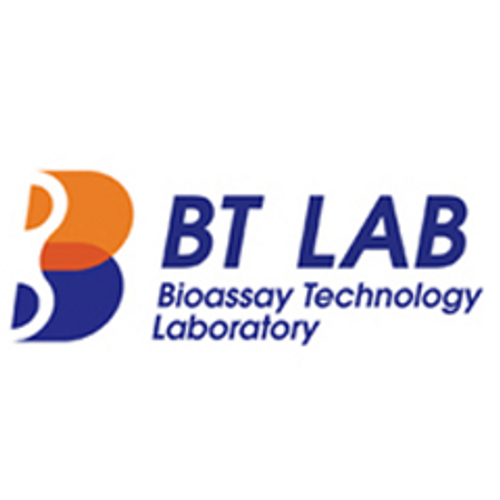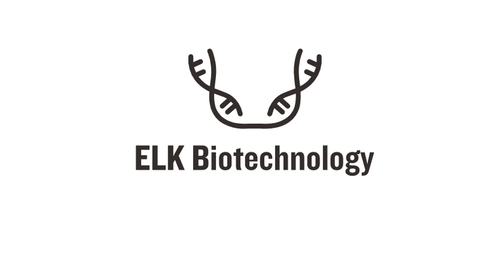Product Description
Mouse Fibroblast growth factor 6 (FGF6) ELISA Kit | AE63230MO | Abebio
Species Reactivity: Mouse (Mus musculus)
Abbreviation: FGF6
Alternative Name: HBGF-6; HST2;
Application: ELISA
Range: 15.6-1000 pg/mL
Sensitivity: 6.1 pg/mL
Intra-Assay: ≤5.3%
Inter-Assay: ≤9.4%
Recovery: 0, 98
Sample Type: Serum, Plasma, Other biological fluids
Detection Method: Sandwich
Analysis Method : Quantitive
Test Principale: This assay employs a two-site sandwich ELISA to quantitate FGF6 in samples. An antibody specific for FGF6 has been pre-coated onto a microplate. Standards and samples are pipetted into the wells and anyFGF6 present is bound by the immobilized antibody. After removing any unbound substances, a biotin-conjugated antibody specific for FGF6 is added to the wells. After washing, Streptavidin conjugated Horseradish Peroxidase (HRP) is added to the wells. Following a wash to remove any unbound avidin-enzyme reagent, a substrate solution is added to the wells and color develops in proportion to the amount of FGF6 bound in the initial step. The color development is stopped and the intensity of the color is measured.
Product Overview: Fibroblast growth factor 6 is a protein encoded by this gene is a member of the fibroblast growth factor (FGF) family. FGF family members possess broad mitogenic and cell survival activities, and are involved in a variety of biological processes, including embryonic development, cell growth, morphogenesis, tissue repair, tumor growth and invasion. This gene displayed oncogenic transforming activity when transfected into mammalian cells.The mouse homolog of this gene exhibits a restricted expression profile predominantly in the myogenic lineage, which suggested a role in muscle regeneration or differentiation.Marics et al. (1989) showed that the cloned normal FGF6 gene transformed mouse NIH 3T3 fibroblasts using both focus and tumorigenicity assays.
Stability: The stability of ELISA kit is determined by the loss rate of activity. The loss rate of this kit is less than 5% within the expiration date under appropriate storage condition. The loss rate was determined by accelerated thermal degradation test. Keep the kit at 37°C for 4 and 7 days, and compare O.D.values of the kit kept at 37°C with that of at recommended temperature. (referring from China Biological Products Standard, which was calculated by the Arrhenius equation. For ELISA kit, 4 days storage at 37°C can be considered as 6 months at 2 - 8°C, which means 7 days at 37°C equaling 12 months at 2 - 8°C) .
 Euro
Euro
 USD
USD
 British Pound
British Pound
 NULL
NULL












